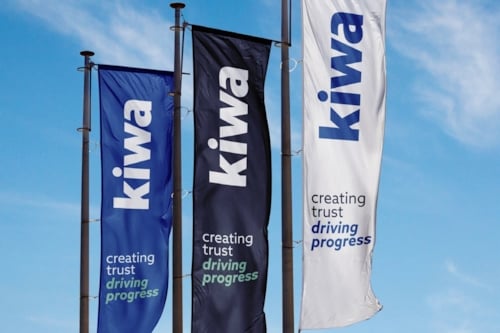Kiwa FSS Products nominated for Intersec Award 2026
Kiwa FSS Products has been nominated for an Intersec Award in the category Impact Makers. The nomination coincides with Kiwa’s participation in Intersec 2026, one of the world’s leading trade fairs for (fire) safety, security and public safety. From 12 to 14 January 2026, Kiwa FSS Products will present itself at the Dubai World Trade Centre, where the international safety sector comes together to share the latest technologies and innovations.



